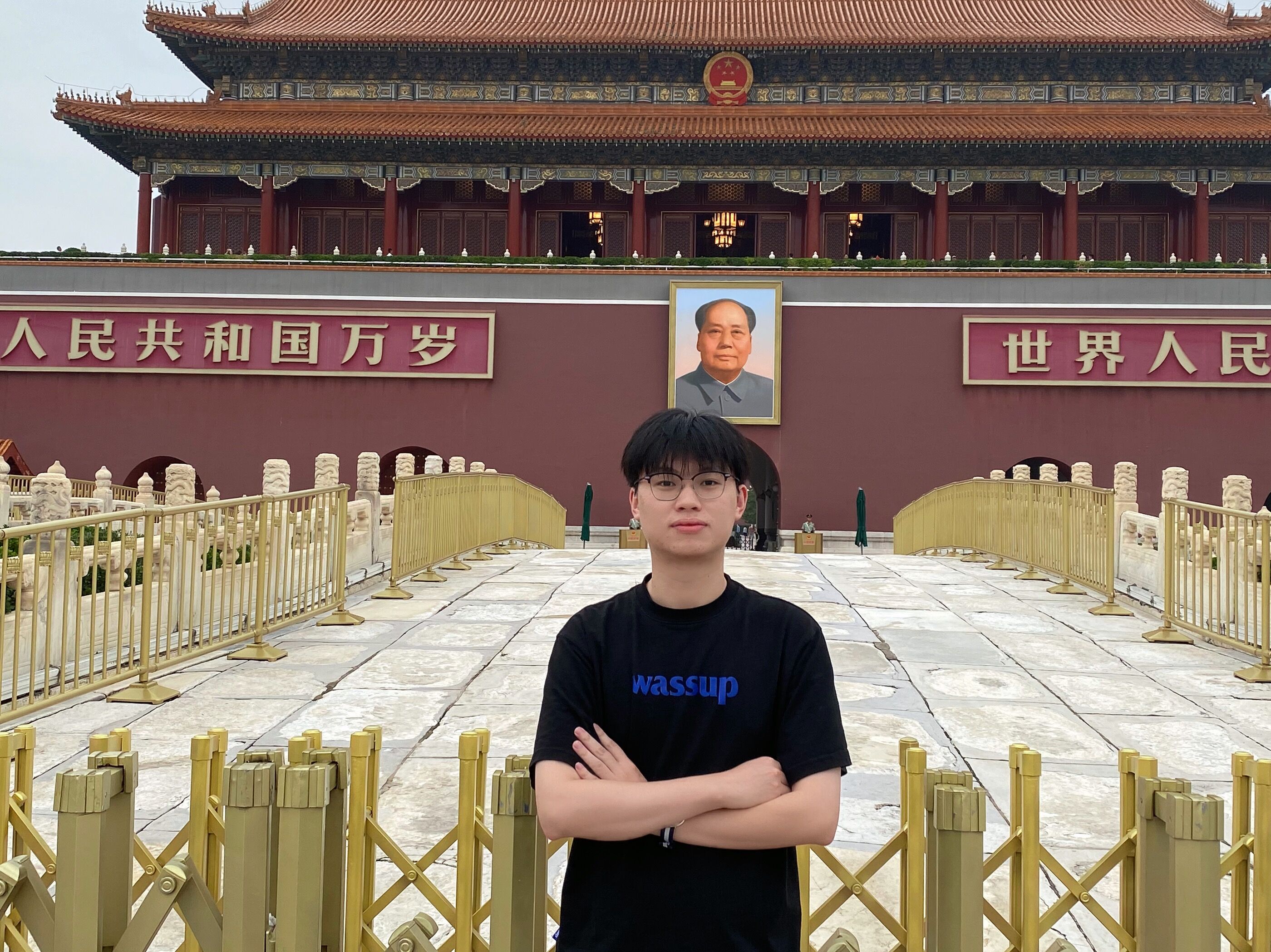About Me

Here is Yu Chen (陈宇).
Currently, I am a Ph.D. student in the Department of Building Environment and Energy Engineering at The Hong Kong Polytechnic University, Hong Kong, under the supervision of Prof. Yaping Du and Research Assistant Prof. Yuxuan Ding. Before this, I obtained a B.S. degree from the College of Engineering and Technology at Southwest University and an M.S. degree from the School of Electrical and Electronic Engineering at Huazhong University of Science and Technology, where I was advised by Prof. Zhongyong Zhao and Prof. Bin Qin, respectively. Here is my Resume (Last updated: May 2025).
I would love to chat and collaborate if you are interested in any aspect of me and my work 😊😊. Please email me at yu2000.chen@connect.polyu.hk or chen1034429543 (WeChat).
Academic Background
-
Sep 2025 - June 2028: The Hong Kong Polytechnic University (Ph.D.)
Major in electrical engineering in the Department of Building Environment and Energy Engineering -
Sep 2022 - June 2025: Huazhong University of Science and Technology (M.S. Recommended admission without examination) GPA: 3.85/4.00
Major in electrical engineering at the School of Electrical and Electronic Engineering -
Sep 2018 - May 2022: Southwest University (B.S.) GPA: 4.3/5.00 (2/144)
Major in electrical engineering at the College of Engineering and Technology
Research Interests
- Transient model, condition monitoring, and fault diagnosis for transformer winding based on frequency response analysis (Ph.D., these research works are a continuation of my undergraduate work 😊😊.)
- Start-to-end modeling and surrogate model for a proton therapy facility and intelligent beamline optimization (M.S., I am no longer engaged in related research 😭😭.)
- Broadband equivalent circuit modeling, condition monitoring, and fault diagnosing for synchronous machine winding based on frequency response analysis (B.S., I am still conducting relevant research at present 😊😊.)
My current research investigates integrated transformer modeling, encompassing the tank, winding, and other constituent components. My broader research interests lie in the application of artificial intelligence (AI) methodologies to electrical engineering problems, specifically focusing on techniques such as data augmentation, anomaly detection, lifelong learning, reinforcement learning, and few-shot learning. These AI-driven approaches are being explored in contexts such as fault diagnosis, system identification, and optimal control.
My ultimate goal is to leverage these AI-driven methodologies to improve the reliability and efficiency of electrical power systems, thereby contributing to societal well-being through advancements in fault diagnosis, system identification, and optimal control 😊😊.
